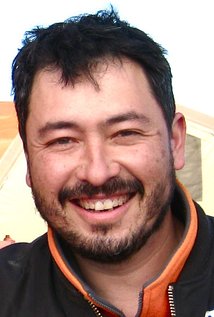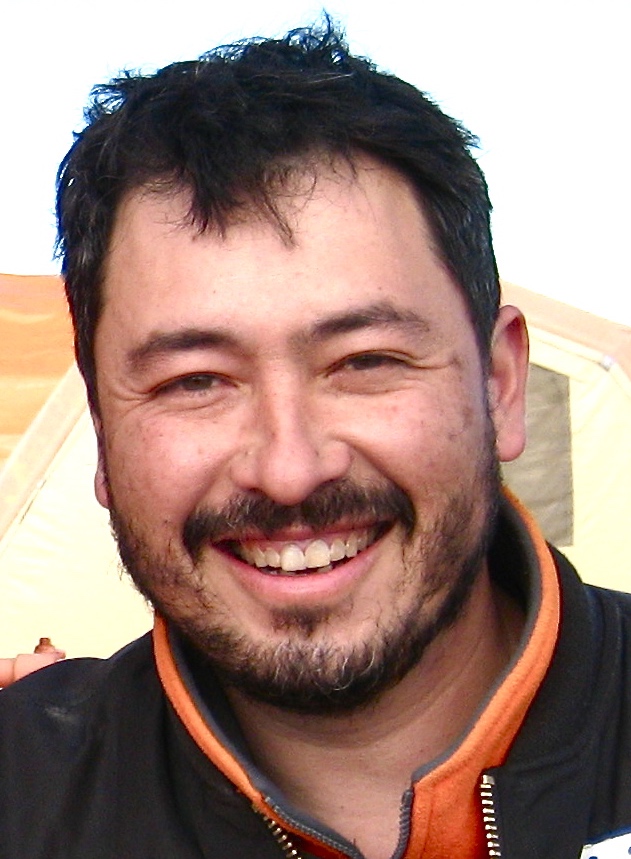Pascal Lee was born in Hong Kong, grew up in France, and has been living in the United States since 1989. He holds a M.E. in Geology and Geophysics from the University of Paris (1987) and a PhD in Astronomy and Space Sciences from Cornell University (1997). Pascal Lee is a planetary scientist with the Mars Institute and the SETI Institute. He is al...
Show more »
Pascal Lee was born in Hong Kong, grew up in France, and has been living in the United States since 1989. He holds a M.E. in Geology and Geophysics from the University of Paris (1987) and a PhD in Astronomy and Space Sciences from Cornell University (1997). Pascal Lee is a planetary scientist with the Mars Institute and the SETI Institute. He is also Director of the NASA Haughton-Mars Project in the Arctic. He is based at NASA Ames Research Center in Mountain View, CA. Lee's scientific research focuses on the study of impact craters, asteroids, Mars, and the moons of Mars. He is internationally renowned for his work on planning the human exploration of Mars. Pascal Lee is the author of a non-fiction children's book on the human exploration of Mars titled Mission: Mars, published by Scholastic (2013). Pascal Lee has been featured in numerous documentaries on Mars and space exploration, in particular Mars Rising (2007), 2019, destination lune (2009), Mission Asteroid (2013), and Passage to Mars (2016). Passage to Mars (2016) was filmed largely during the Northwest Passage Drive Expedition which Lee led in the Arctic. Pascal Lee is fluent in English, French, and Chinese (Cantonese). He enjoys painting space art and is a listed artist member of the International Association of Astronomical Artists. He is also a helicopter commercial pilot and flight instructor. Pascal Lee has served as scientific and technical adviser on several documentary and science-fiction films.
Show less «




